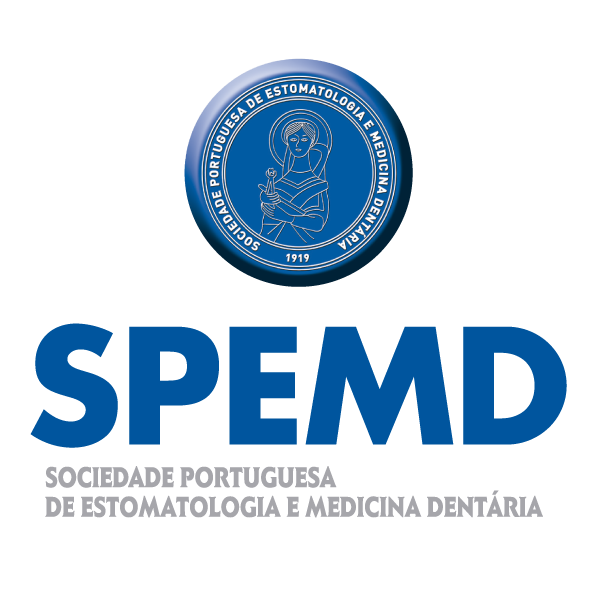
Revista Portuguesa de Estomatologia, Medicina Dentária e Cirurgia Maxilofacial
Rev Port Estomatol Med Dent Cir Maxilofac | 2017 | 58 (1) | Page(s) 46-51
Original research
Changes in the decline on empathy levels of dental students in Costa Rica
Mudanças na diminuição dos níveis de empatia de estudantes de Odontologia na Costa Rica
a Herman Ostrow School of Dentistry, University of Southern California, Los Angeles, California, USA.
b School of Health Sciences, Universidad Latinoamericana de Ciencia y Tecnología (ULACIT), San José, Costa Rica.
c Faculty of Dentistry, Universidad San Sebastián (USS), Santiago, Chile
Robert Utsman - rutsmana282@ulacit.ed.cr
Article Info
Rev Port Estomatol Med Dent Cir Maxilofac
Volume - 58
Issue - 1
Original research
Pages - 46-51
Go to Volume
Article History
Received on 10/10/2016
Accepted on 05/01/2017
Available Online on 31/03/2017
Keywords
Abstract
Objectives: Based on recent curriculum changes at the University of Science and Technology in Costa Rica (ULACIT) it is of great academic interest to verify the impact of this new approach on courses with respect to the development of empathy, thus compare previous results with a new collection of information. Methods: The levels of empathy and matrices of empathy construct are estimated by dental students by using the Jefferson Scale of Physician Empathy, the Spanish version for students (S version) previously culturally validated. Cronbach α was estimated and compared with data previously published. A two-way analysis of variance (ANOVA), model III, in order to find differences in the average between academic years and gender, and the interaction between these two factors was applied. Results: There continues to remain a gender difference in the attribute of empathy in dental students of ULACIT, greater in females than males, however with a smaller difference than before. Students continue to show higher levels of empathy at the start of the academic career, however with a decline among fourth year students. Conclusions: New curriculum changes that involve greater integration of students with their patients, consistent with the greater inclusion of clinical activities and community visits continue to show the development of empathy. Differences among genders, variation in years, and how empathy levels change in the professional field should be further explored.
Resumo
Objetivos: Baseado em mudanças recentes no currículo na Universidade de Ciências e Tecnologia da Costa Rica (ULACIT), é de grande interesse académico avaliar o impacto desta nova abordagem nas disciplinas, considerando o desenvolvimento de empatia e comparando os resultados prévios com as novas informações coletadas. Métodos: Os níveis de empatia e matrizes de construção de empatia foram estimados pelos estudantes de Odontologia usando a Escala Jefferson de Empatia Médica, versão em Espanhol para estudantes (versão S), validada culturalmente previamente. O teste de Cronbach α estimou e comparou os resultados com dados publicados previamente. Foi aplicada a análise de variância de dois fatores (ANOVA), modelo III, com o objetivo de encontrar diferenças na média entre o ano académico e o género, e a interação entre estes dois fatores. Resultados: Ainda existe diferença entre os géneros para a empatia dos estudantes de Odontologia da ULACIT, maior em mulheres do que em homens, com menor diferença do que comparados com os resultados anteriores. Os estudantes continuam demonstrando altos níveis de empatia no início da carreira académica, com declínio entre os estudantes de último ano. Conclusões: As mudanças curriculares que envolvem maior integração dos estudantes com seus pacientes, com maior inclusão de atividades clínicas e visitas à comunidade, continuam demonstrando o desenvolvimento de empatia. As diferenças entre géneros, variação em ano académico e o quanto os níveis de empatia modificam o campo profissional, devem ser ainda melhor avaliados em estudos futuros.
